Frequently Asked Questions
Should I buy the studies for the group, or should each woman buy her own?
Either option works. You will save on shipping if you purchase the studies together since they will be shipped to one address. However, if your group is remote, it is best to ask each woman to order her own book.
How long will it take to receive my order?
Within the United States, please allow 5-7 business days to receive your order.
Can I track my order?
Yes! You will receive an email with tracking information once your order has shipped.
Can I cancel or change my order?
Orders cannot be modified once they have shipped. If your order has already shipped, please contact us at info@endowgroups.org to start the return process. Refunds are subject to the condition of the item(s).
Does Endow ship outside of the United States?
Yes! Shipping and customs prices vary depending on the destination. Please enter your shipping address during checkout to determine availability. If your country is not listed, we unfortunately do not ship to your location at this time.
Does Endow offer discounts?
Yes! Endow offers several ways to save
- Free Shipping on all orders over $100
- 20% Off when you order 20 or more studies — use code Bulk20 at checkout (you can mix and match study titles!)
- Extra Savings for Registered Groups: When you register your group, each participant will receive a unique 15% off code for their individual study. This can be combined with the bulk discount.
- We tend to celebrate feast days and Holy days with flash sales! Do you receive our newsletter? If not, please sign up using the link below:
Does Endow offer scholarships?
Does Endow offer eBooks?
Yes, Endow offers many studies in eBook format for those who prefer a digital option. Our eBooks are convenient and accessible, allowing participants to engage with the material on their preferred device. Please note that our eBooks cannot be printed. Peruse Endow’s library of eBooks to select the study that is right for you.
How do I download my eBook?
Once you purchase your eBook, you will receive an email with a download link. Be sure to download your eBook directly onto the device you plan to use for reading (iPhone, iPad, Android, Kindle, laptop, etc.). Before downloading, make sure you have an eReader app installed, such as Apple Books, Kindle, or eBook Reader. To avoid issues locating the file, do not download your eBook onto a device without an eReader app installed.
If you encounter any difficulties with the download, please contact our customer support team at info@endowgroups.org. We’re happy to help!
Can I print my eBook?
No, eBooks are not printable. Endow’s eBooks have been designed and formatted to read on a mobile device.
Yes! You can preview our content by downloading Chapter 1 of any Endow study for free. The chapter will be delivered straight to your inbox!
What is your exchange or return policy?
Items must be returned to our order fulfillment provider Sophia Institute 18 Celina Ave. Unit 1, DOCK 3, Nashua, NH 03063, and inspected for damage before a refund or exchange is issued. Please note that eBook purchases are nonrefundable.
Yes, all Christian women are invited to participate. Non-Catholic women with an open heart are welcome to join to learn and grow alongside the group in a spirit of respect and understanding. However, Endow focuses on Catholic Church documents and the lives and writings of the saints. Endow groups are not the place to debate different faith traditions; instead, they foster meaningful discussions centered around faith, dignity, and the feminine genius.
Can I do an Endow study on my own?
Yes, however, Endow believes that the deepest transformation of heart and mind is through intimate relationships in a small group. We’ve seen this proof of concept since the early church. Small group communities create the most lasting impact on human development. By unpacking our rich Catholic heritage together, we create opportunities for women to learn, build deep friendships, and deepen their relationship in Christ.
Is Endow only for women?
Yes, Endow is designed specifically for women. Our mission is to bring women together to cultivate faith, intellectual growth, and community through study and discussion. While our groups are tailored for women, we welcome and appreciate the support of everyone who believes in our mission!


